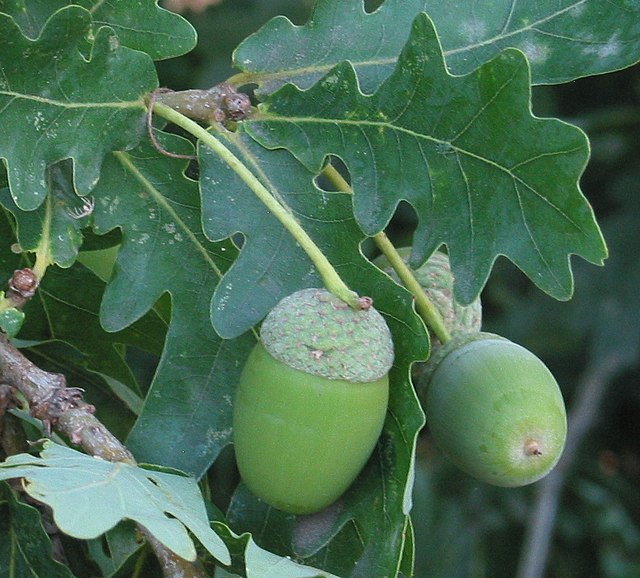Description
Croft grown trees from our small tree nursery. All our trees are “cell grown” meaning they come as a deep plug with developed roots and compost ready for planting. They can be planted out at any time of the year. All of our trees are from locally gathered seed ensuring trees are well suited to our northern climate. The trees have all been grown here at the croft outdoors for two seasons and are a minimum 20cm tall.
To reduce packaging, we prefer to sell the trees in the plastic trays that they are growing in. These must then be returned to us. If this isn’t practical for you, we can package them in reused film packaging, or in recycled tubs.
We do not offer delivery on trees – pickup only! We will be in touch to let you know when your order is ready to collect (1-2 weeks). Please get in touch before ordering if you have any questions or would like to arrange pickup on a certain day.
Pricing
Our pricing is simple at £2/tree with no minimum order. We are a small nursery and do not offer bulk pricing at the moment. If you are looking for a tree to give as a gift, then a larger pot grown tree is probably more suitable. Contact us to see what we have available (priced £2.50 – £5 each)
Species
Common Alder (alnus glutinosa). Alder is a under-rated tree and grows extremely well in damp ground. On our croft it is the most successful tree, both in boggy ground and on exposed slopes. It makes good firewood and coppices well.
Ash (fraxinus excelsior). Ash has been ravaged by Ash Dieback, a disease which has affected most of our country. So far our croft has escaped this, and we are selling small quantities of these trees to other areas. It is not recommended to plant ash where dieback already exists.
Downy Birch (betula pubescens). Perhaps the tree of the highlands, birch grows very well here and survives in very exposed places. It makes a good firewood and is a very pretty tree. Tolerant of various soil types, except very wet.
Blackthorn (prunus spinosa). A thorny bush / small tree which is the first to blossom in early spring. In autumn it provides us with sloes which can be used in jams, wine and of course sloe gin. It makes great hedging and is tolerant of a wide range of soils.
Bird Cherry (prunus padus). A small tree that has beautiful blossom in spring and deep purple berries in late summer which are loved by birds. Can tolerate damp soils.
Elder (sambucus nigra). Medium sized tree with stunning fragrant blossom in spring and berries later in summer. It can be quite sprawling in exposed conditions but we’ve found it to grow well on the croft.
English Oak (quercus robur). A majestic tree! Oak prefers more fertile and well-drained soils and is best left to more sheltered spots. However it does grow well in the right conditions and is a beautiful tree with many traditional and modern uses.
Hazel (corylus avellana). Possibly our favourite! Hazel is such a useful small tree and grows well in the highlands. It coppices well, and often forms a multi-stemmed tree on its own. It prefers drier soils but is quite tolerant. It makes good windbreaks and the sticks can be harvested for many uses, or left alone so that the tree fruits with hazelnuts.
Rowan (sorbus aucuparia). A beautiful medium sized tree that grows well and provides an abundance of red berries in the autumn which are an important food for birds. Tolerant of various soil types and conditions.
Scots Pine (pinus sylvestris). Scots pine grows very well in the highlands and is very tolerant of a wide range of soils and exposure. It is one of our only native evergreen trees so is excellent for year-round wind breaks and screening. Planted with space, it will form a majestic tree.
Wych Elm (ulmus glabra). Another majestic tree when fully grown. Similar to oak in that it prefers slightly more fertile conditions than others but grows well in the highlands in the right spot.
Of course there are many other species suited to the highlands, and these are the ones we have available just now. We will be adding others in future.
Further Information and Advice
You are welcome to contact us for advice, but we are not experts, and there is a wealth of information available that is worth a read:
- Tree species information: Woodland Trust – A-Z of British Trees | TCV Identify Trees | Tree Species Handbook
- Highlands and Islands Woodland Handbook – a must read! Free Download | Print Version
- TCV Conservation Handbooks (excellent resource on woodland creation and coppicing)



